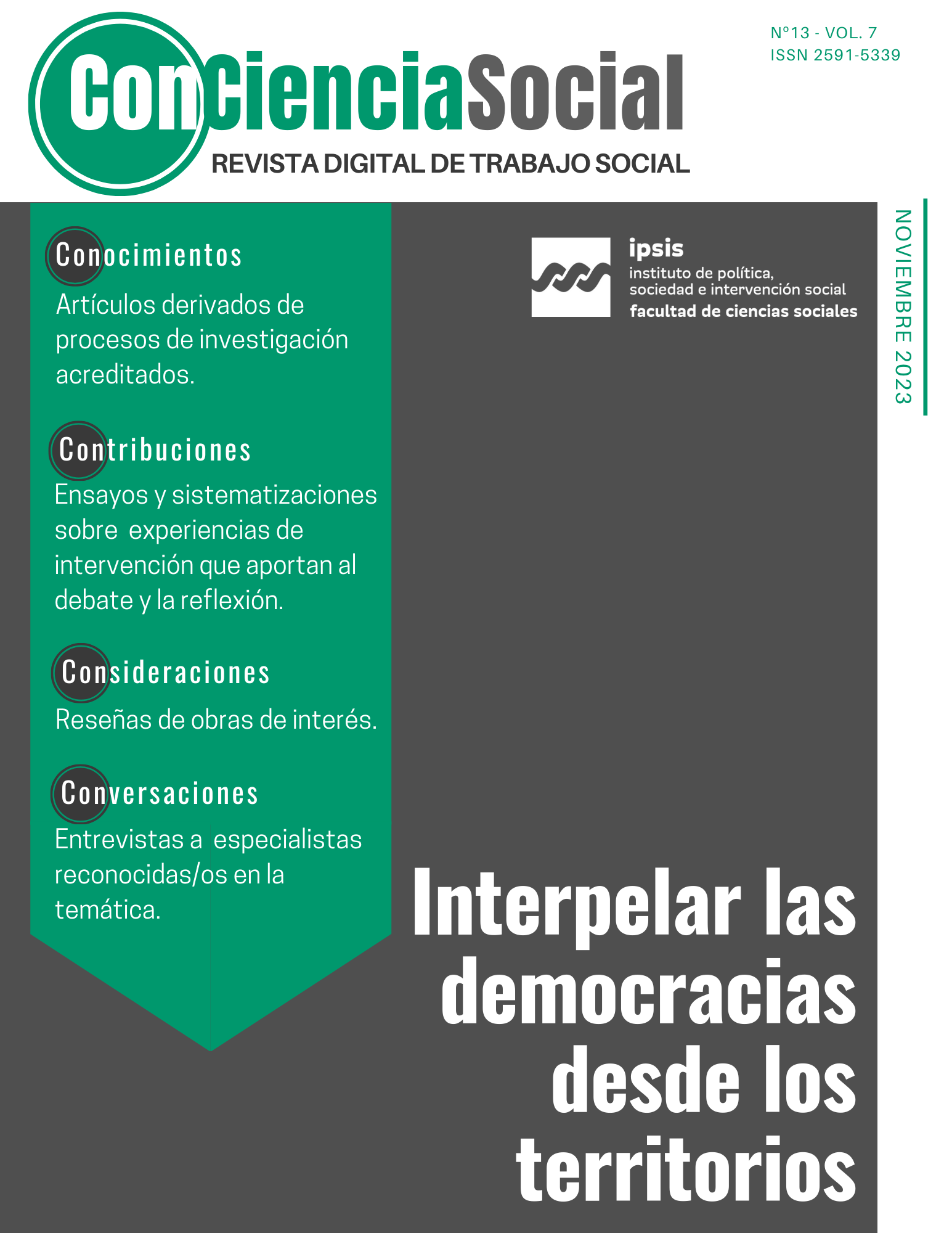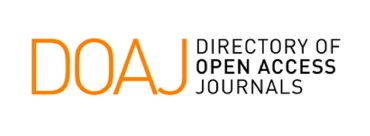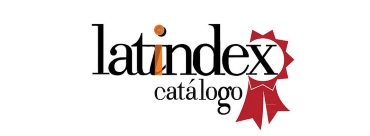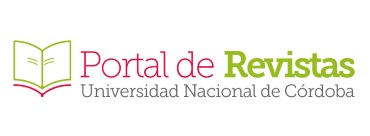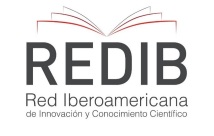Editorial
Keywords:
editorial, nro13, democracia, territorio, conciencia socialAbstract
In our Call for Papers for this issue - conceived at the beginning of this year - we invited you to write about experiences in the territories where life is reproduced and struggles for democracies respectful of nature, diversity and the identity of our peoples take shape.
This issue comes out at a time of urgent reflection, as our democracies are currently under attack from certain discourses that we thought had been overcome. Attacks that deepen the individual over collective lives and that place freedom as the opposite of solidarity and the rights we have won. Our democracies today also face the demands that the people are making heard from the different territories and that struggle to be part of the projects of society in dispute.
Territory thus acquires a privileged place for analysis, as it is the closest and most immediate space for the reproduction of life and public space in which collective struggles take place. Territory expresses and condenses the oppressions and inequalities that structure the current social order; at the same time, it stands as a space of resistance and re-creation of other ways of living that stress, nourish and challenge democracies.
What do the social sciences do in the face of these urgent interpellations? We agree with Verónica Gago and Diego Sztulwark that "it is not a matter of translating the strength of communities into social science categories, but of finding notions capable of increasing their internal possibilities and alliances". This places Social Work and the social sciences in the challenge of producing knowledge also from the notions of the common; in collective processes that gather knowledge and plural doings that contribute to popular struggles. Knowledge that also questions the scientific-academic agendas in the production of knowledge as a common good and that confronts the hegemonic common senses that install as truths a set of sterile and perverse affirmations for the construction and defence of our democracies.
With the invitation to question democracies from the territories, we bring together in this issue a set of articles from different parts of the country that include experiences of teaching, professional intervention, undergraduate and in-service training. These articles are inscribed in the fields of health, childhood, popular economies, socio-environmental conflicts, care practices and collective struggles. Articles that update conceptual and political debates on neoliberalism, its impact on subjectivities and the configuration of politics, policies and rights in these times.
It is our renewed intention to open paths that link diverse ways of knowing, of naming and inhabiting the practices that derive from our places as scientists and professionals. To bring into dialogue academic, scientific, ancestral and popular knowledge, also as a means of resistance and dispute for horizons of democracies for the majorities that are invisible to an increasingly predatory system.
Writing in times of turbulence is our humble contribution to resisting despair and sustaining the convictions that have allowed us to get this far and to continue dreaming of another possible world: a world in which all worlds fit, as Subcomandante Marcos said more than 20 years ago.
References
AA (2019) Producir lo común. Entramados comunitarios y luchas por la vida. El Apantle. Revista de Estudios Comunitarios. Ed. Traficantes de Sueños: Madrid
Downloads
Published
Issue
Section
License
Copyright (c) 2023 Natalia Becerra

This work is licensed under a Creative Commons Attribution-ShareAlike 4.0 International License.
Aquellos autores/as que tengan publicaciones con esta revista, aceptan los términos siguientes:Los autores/as conservarán sus derechos de autor y garantizarán a la revista el derecho de primera publicación de su obra, el cuál estará simultáneamente sujeto a la Licencia de reconocimiento de Creative Commons que permite a terceros:
Compartir — copiar y redistribuir el material en cualquier medio o formato
Adaptar — remezclar, transformar y construir a partir del material para cualquier propósito, incluso comercialmente.
La licenciante no puede revocar estas libertades en tanto usted siga los términos de la licencia.Los autores/as podrán adoptar otros acuerdos de licencia no exclusiva de distribución de la versión de la obra publicada (p. ej.: depositarla en un archivo telemático institucional o publicarla en un volumen monográfico) siempre que se indique la publicación inicial en esta revista.
- Se permite y recomienda a los autores/as difundir su obra a través de Internet (p. ej.: en archivos telemáticos institucionales o en su página web) después del proceso de publicación, lo cual puede producir intercambios interesantes y aumentar las citas de la obra publicada. (Véase El efecto del acceso abierto).
Los derechos de explotación comercial (Copyrigth) quedan reservados para los autores.

